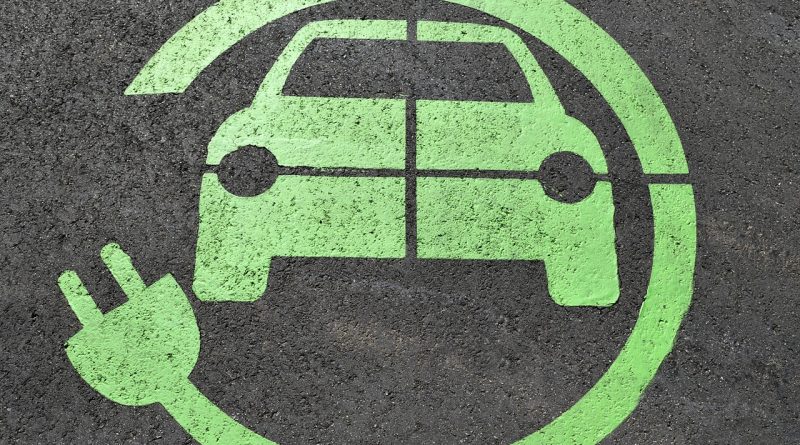Electric Vehicles- A Big Price to Pay?
Petrolheads might be causing irreversible environmental damage, but there is also a big price to pay for more eco friendly alternatives, a financial one.
As society has become more environmentally conscious, the demand for more eco friendly modes of transport has increased and electric vehicles are gradually making their way into the mass market.
The world’s first mass-market electric car, the Nissan Leaf, however costs £28,350, nearly £10,000 more than its equivalent petrol and diesel rivals. There is speculation that a government grant of £5,000, that would drop the price to £23,350, is to be scrapped in order to cut government spending.
The high purchase price of a new electric car has been weighed against low running costs, but evidence has suggested that it could take over a decade to recoup the extra cost of buying electric, by which time your electric motor will have depreciated substantially.
A study by Glass’s Guide has found that electric cars lose around 90% of their value in the first five years. The dramatic depreciation is due to lithium-ion battery having a life span of less than eight years, with a replacement battery costing as much as £10,000.
Although EVs are likely to retain more of their value than fuel equivalents in the first year, which typically lose between 30-60% of their value, values will take a nosedive after the first year if the battery is owned rather than leased. CAP, one of the leading organisation that set resale values, said: “battery replacement costs threaten to render commercial electric vehicles in particular worthless after warranties expire.” So consumers may find it worthwhile buying that used bmw in kings lynn opposed to opting for a new EV Car.
Andy Carroll, managing director of Glass’s Guide, confirmed that manufacturers need to address customer concerns regarding battery life and performance. One option he suggests is to deduct that the cost of a battery from the new price of electric vehicles and lease the battery at a typical cost of £100 a month.
A financially sound solution seems impossible, as CAP Monitor says it will refuse to put a value on models where batteries are leased, but says the batteries must be bought with the car, otherwise there will be confusion over who owns what, for insurance purposes.
The eco friendly credentials of EVs have also come under fire, with evidence suggesting that the government would need to build six nuclear power stations to fuel the UK’s cars if everyone switched to electric cars.
Consumers looking to reduce their carbon footprint and buy a purse friendly car should perhaps consider a diesel powered car from a used car supermarket instead!


